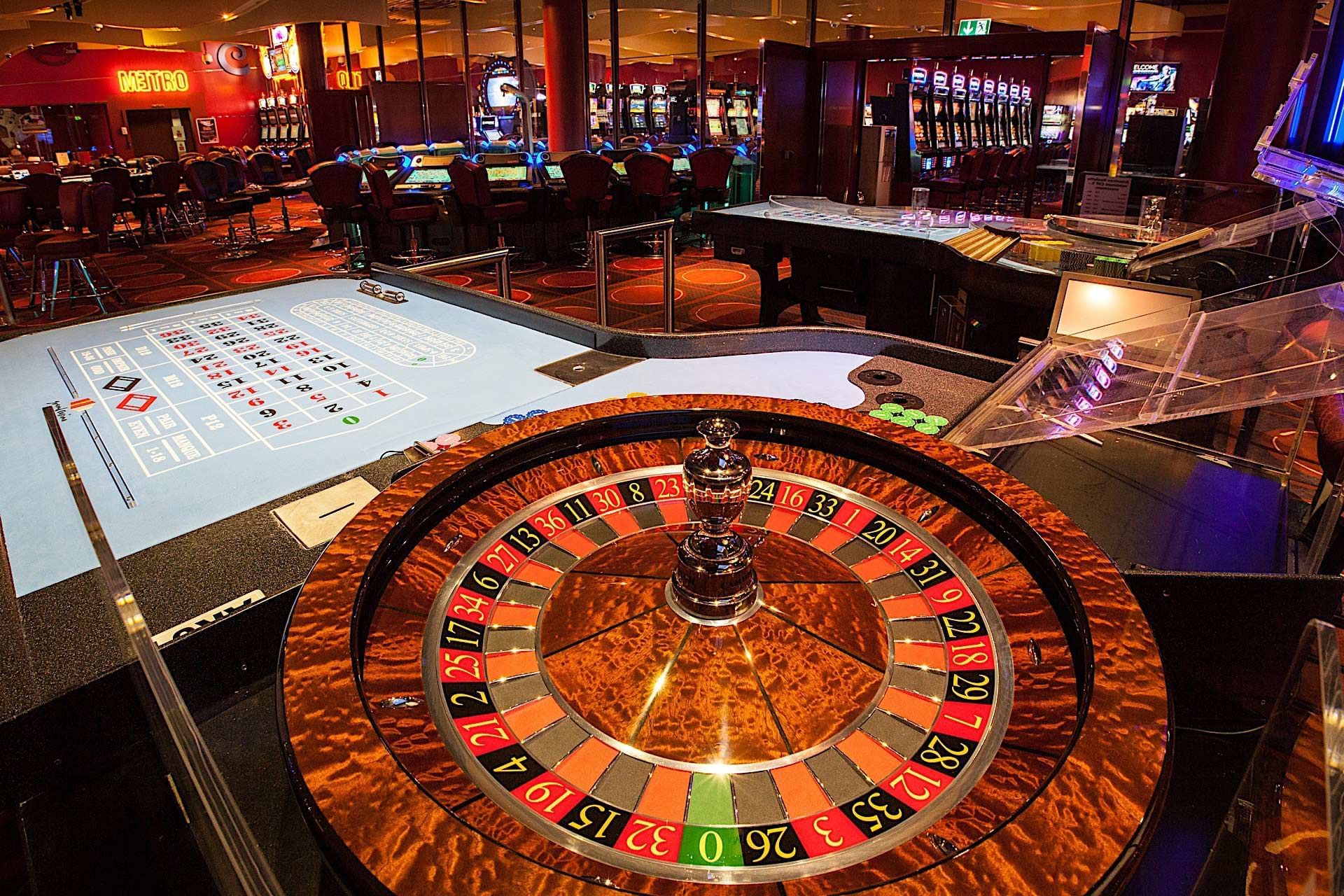In the vibrant world of gaming, gambling house activities have long captured the imagination of gamblers around the world. These games, including timeless table options like Texas Hold’em to the spinning reels of slot machines, offer an intriguing blend of luck and skill. While chance undeniably plays a crucial role in determining outcomes, the importance of knowledge in many gambling activities cannot be neglected. Comprehending how skill affects the experience can elevate not only a player’s enjoyment but also their likelihood of achievement.
As we delve deeper the inner workings of gambling options, it becomes clear that some demand a robust grounding of knowledge and planning. Activities like poker require more than mere fortune; they call for strategic thinking, psychological insight, and strategic decision-making. Nhà cái 78WIN In opposition, other activities, such as the roulette wheel and slots, are primarily driven by chance, allowing participants to rely entirely on fortune. This contrast raises fascinating questions about what truly drives success in the domain of casinos and how a participant’s skill set can sway the outcome in their advantage.
Comprehending Expertise versus Chance within Gambling Activities
In the world of casino games, the discussion between skill and luck is a enduring one. Many games are often divided into two categories: those that rely predominantly on randomness, such as slots and roulette, and those where skill plays a significant role, like poker and blackjack. The distinction is crucial because it influences not only gameplay strategies but also the approach players take when engaging with these games. While luck can play a critical role in the immediate, skilled players can boost their chances of winning over the extended period in skill-based games.
Skill-based games, particularly poker, necessitate players to comprehend odds, human behavior, and game theory. A seasoned poker player can analyze rivals, make strategic bets, and know when to fold, all of which can lead to more successful outcomes. On the other hand, in games that are purely based on chance, no amount of skill can alter the odds. This implies that although a player may win big in one session, their victory may often be subject to the whims of chance results rather than any tactical expertise.
Ultimately, both skill and luck coexist in the world of casino games, forming a vibrant environment for players. While games of chance can provide thrill and instant gratification, proficiency and strategy in skill-based games offer a richer level of engagement for those prepared to invest time in honing their craft. This interplay between skill and luck defines the experiences of players and shapes their connection with the games they select to play.
The Impact of Ability on Game Outcomes
In the field of casino games, ability plays a crucial role in determining the outcomes, especially in games where tactics and choices are essential. For example, in poker, players must assess opponents, calculate odds, and make strategic bets to enhance their odds of succeeding. Unlike games that depend purely on chance, such as slots or roulette, poker demands an understanding of both the game mechanics and the behavior of other players, making skill a vital component of victory.
Additional skill-based games, like blackjack, also emphasize the significance of player skill. Knowledge of basic tactics, card counting, and when to hit or stand can significantly influence the house edge. A proficient blackjack player can lower this edge and improve their odds of success significantly. This contrasts sharply with games that do not allow for such tactical play, demonstrating how the level of expertise influences the possibility for favorable outcomes.
Moreover, even within games deemed primarily chance-driven, like the game of craps, the decisions made by players can impact their overall success. Choosing the optimal bets, understanding the likelihoods of different results, and controlling one’s bankroll are essential factors that can enhance a player’s experience and results. Thus, while chance remains a factor in casino games, skill can substantially affect how efficiently players navigate these environments, leading to more positive outcomes.
Approaches for Skillful Play in Gaming Establishments
To thrive in gambling games, players must develop a solid comprehension of the regulations and odds involved in each game. This basic knowledge enables individuals to make informed choices, especially in skill-based games like Texas Hold’em and 21. Getting familiar oneself with game tactics, such as keeping track of cards in blackjack or identifying betting patterns in Texas Hold’em, can significantly enhance a player’s chances of success. Practicing these strategies through simulations or low-risk games allows players to hone their skills without risking substantial amounts of cash at stake.
A further key approach is money management. Players should create a budget before entering the gaming establishment and stick to it rigorously. This involves deciding how much they are prepared to lose and setting limits on how much they will bet in each session. By keeping a controlled approach to spending, players can sustain their play and reduce the chance of major losses. Additionally, taking breaks can help preserve a clear mind and prevent rash decisions that often lead to bad gameplay.
Finally, emotional control is crucial in the intense environment of a casino. Players must learn to manage their emotions, particularly during periods of success or defeats streaks. Staying focused and not letting emotions dictate gameplay can lead to more sound decisions. Methods such as deep breathing or walking away from the gaming table during intense moments can help maintain calmness. By cultivating a steady mindset, players can approach gambling games with confidence and skill, thereby improving their overall experience and outcomes. LINK 78WIN
